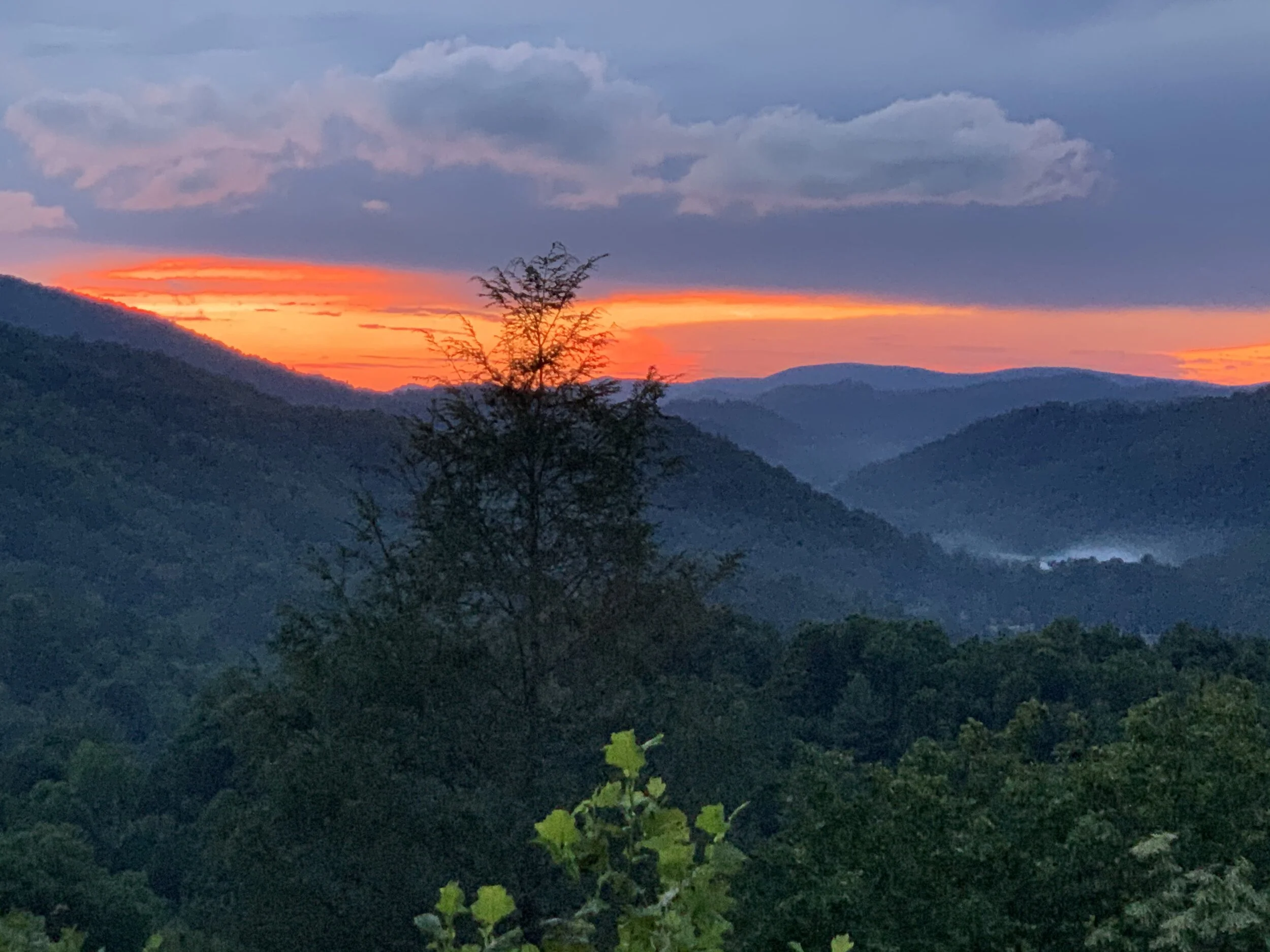Webs
/It was a bright August morning, and the minister looked forward to worship. It had been months since his congregation was able to worship together, but they were meeting outside this morning and he was looking forward to seeing familiar faces in person and not on his computer screen. They’d done their best to stay connected through the pandemic, but there’s nothing like being together, he said to himself.
He made his Sunday morning pilgrimage across the church grounds to ring the bell. Even the birds were singing songs of praise. His heart was full because his daughter had just given birth to his second grandchild the day before, a girl named after his grandmother. He wished his mother had hung on a little longer so she could have met the newest member of the family. Instead, he was meeting his siblings to spread her ashes in a few weeks.
A ray of light shone through the branches as he rang the bell. It struck a large, intricate spiderweb beside the cemetery entrance. Glistening with dew, its extensive symmetry was impossible to ignore. Each strand connected to another, round and round, a comprehensive whole.
On his way back to the church he realized he’d already seen this morning’s sermon.

